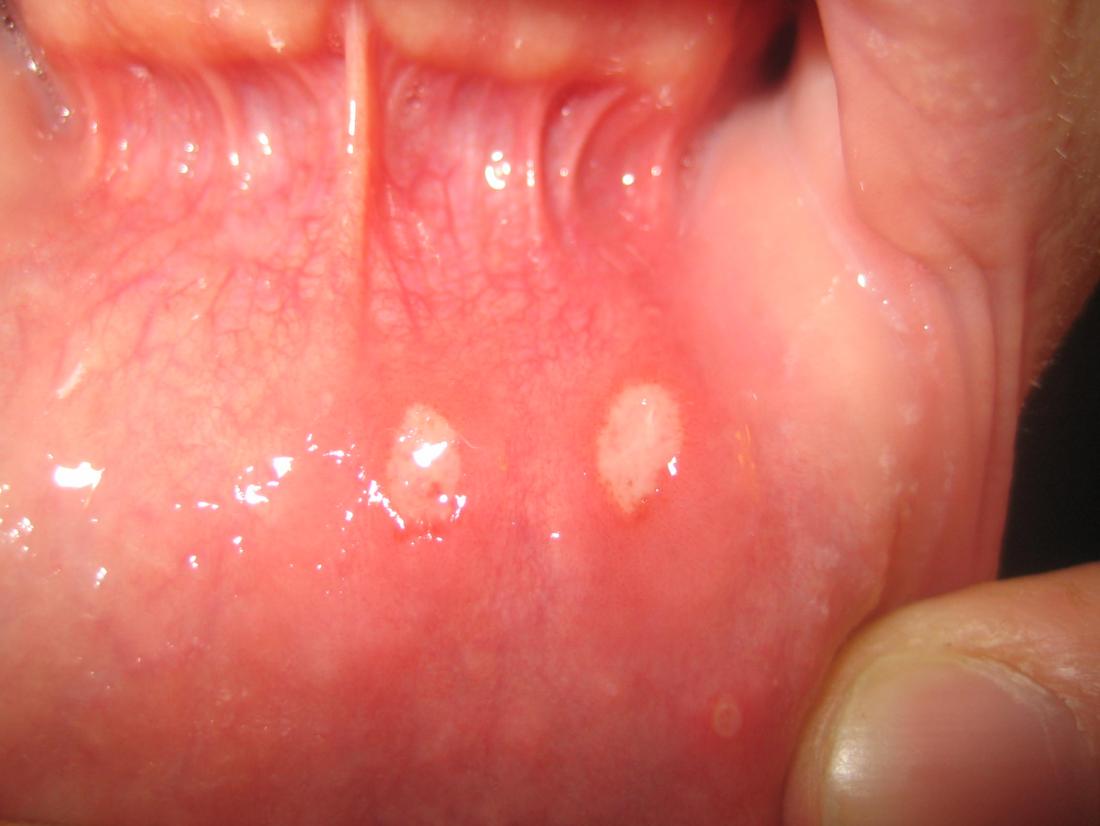Oral blisters or, in technical terms, Aphthous stomatitis mainly affects young children. But mouth rot symptoms can also occur in adults. Find out how to recognize the contagious disease here.
Symptoms of oral blisters: painful and uncomfortable
The name alone sounds uncomfortable, but what exactly is mouth rot? The question is easy to answer: an infection with the herpes virus in the mouth area. This is usually the first time a person has been exposed to the virus. After infection with the so-called type 1 herpes simplex virus, which is responsible for the disease, it takes about four to six days for the first symptoms of oral blisters to appear.
First, the afflicted person will feel fever and fatigue. During disease, small vesicles are formed on the mucous membrane in the mouth. The gums, palate and cheek mucosa may be affected. In some cases, blisters can also occur on the lips. They open within a short time and develop into blisters. This damage to the mucous membrane is one of the typical symptoms of oral blisters. These are painful areas with a red border and white coating. Their size varies between the pin head and the lens.
Symptoms of common mouth decay
Apart from aphthae and early fever, some more common symptoms usually appear with a disease:
- A red colored oral mucosa.
- Severe burning sensation in mouth.
- Bad breath.
- Increased saliva.
- Swollen cervical lymph nodes.
- Nausea
Based on these specific mouth rot symptoms, doctors identify the disease quite strongly. According to the “Onmeda” health portal, diseases with such symptoms should be excluded in diagnosis, for example vascular disease Behte’s disease or Ephethe that were not caused by a viral infection. The duration of the disease is usually three weeks.
Treatment of Mouth blisters and severe course
As a rule, mouth rot is not treated with medication and recovers on its own after a specified period. When treating oral blisters may be understood with pain-relieving or antipyretic medications. The following measures may also help:
- Light and cold dishes in liquid or meaty form.
- Antibacterial mouthwash

